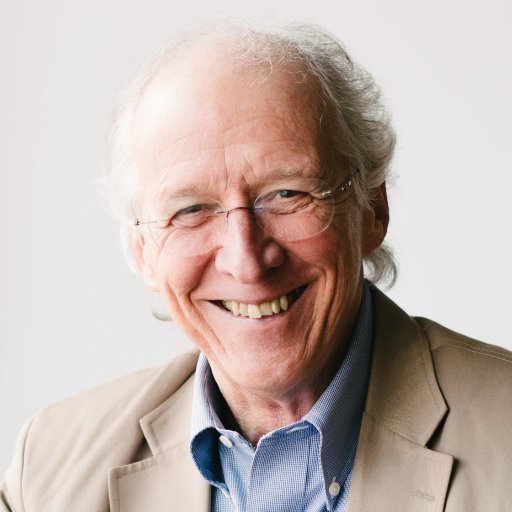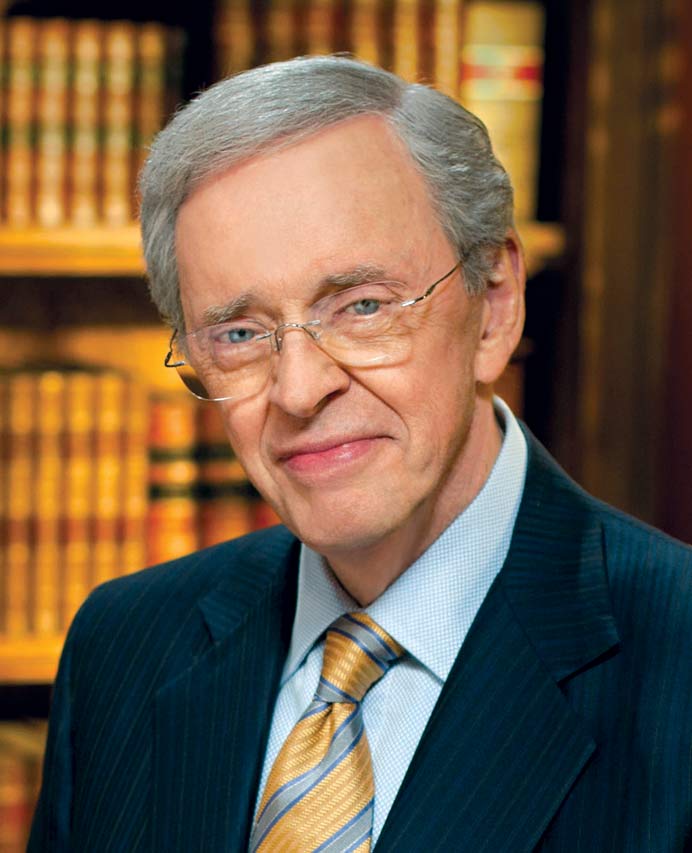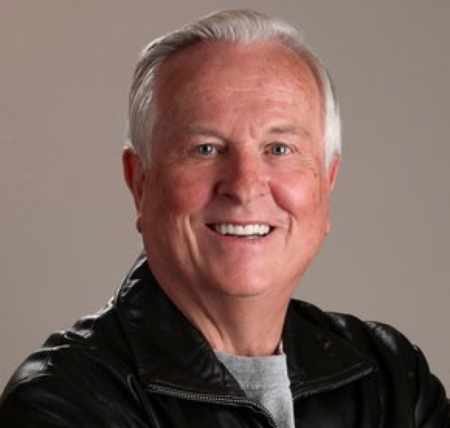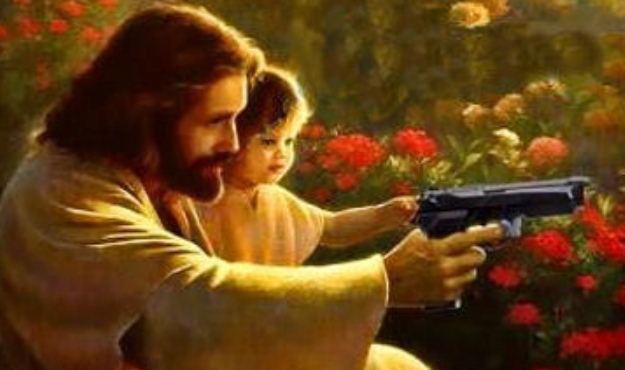The Chasm Between White Theology and Black Liberation
The Chasm Between White Theology and Black Liberation
It took me 10 years of following Jesus as a Black women to realize that my theology was whiter than a North Dakota snowstorm.
In all fairness, I didn’t know any better. Growing up in a White, non-Christian, family in a county that had 330 Black people didn’t quite set me on a trajectory toward functional theological diversity. I grew up being called “Black Girl” at my high school, was always a representative for what all Black people thought, and had my fair share of White people’s hands in my 3C curls.
However, in all parts of my life, I aspired to be the best version of what I thought a human could be and, because of my context, all of my models of intellect, success, and intelligence were White. While I wish I could say that my church taught me to question the homogeneity of my life and faith, that was never the case.
I am a fan of empirical evidence and am inclined to believe what I can do, feel, and experience. As is true for many Christians, particularly Evangelicals, Whiteness was the most readily available frame to understand the world in my state, town, and church. With the exception of Ravi Zacharias (I am convinced that there is always one AAPI person who gets into the Evangelical canon at a time to embody diversity- Francis Chan is the current delegate), I don’t know that I really had an imagination for people of color being Christians at all.
I recently looked back on the theologians whose work was elevated in my early years of following Jesus, the people who were to help me develop “a firm foundation.”
A firm foundation meant believing in the collective work of these White men, their investment in apologetics, and a pursuit of answers to the questions that they were interested in asking- namely- “What does it mean to be saved and how can individuals be saved?” I had no sense that there were other central questions that could and were already being asked across communities.
I was being indoctrinated into a highly contextual theology. From a firm defense of the holiness of the family unit, deep seeded Republican values, bible tracts as a primary form of evangelism, and the apostle Paul as the ultimate model of how to be a Christian, I had it all down and could give a verse to back everything up.
There was no sense that conscious criticism of this entire religious expression was necessary- why would it be? We were pursuing truth and these guys seemed to have answers to the questions that we were asking. They had the lifestyle we theologized about and glorified along with the bible verses, books, and felt board stories to support that lives, faith, and fame.
What I never questioned was why we were so obsessed with the questions that they/we centered.
As people in predominantly White spaces, we normalized, theologized, and glorified such a specific image of American, White, male leadership in such a way that an impoverished Jewish man from Palestine’s voice, teachings, and praxis closely resembled who we were as people and what we cared about. It was impossible to say where theology started and white maleness (and its accompanying values and ideologies) ended.
It was an endless feedback loop. We thought, therefore we were, and anyone who challenged our ideas either was never “saved” in the first place or was committing a worse religious faux pax- backsliding.
If we hated LGBTQ people, so did Jesus.
If we thought “the culture” was ruining sex and marriage, Jesus wanted us to instill purity values in people.
If the church was failing to save souls, it was because a God that we called omnipresent was being “kicked out of schools.”
Jesus seemed to get really up in arms (sometimes literally if we wanted to protect our guns badly enough) at exactly the same time and over the same things that we did. Every moment was a kairos (opportune and ordained) moment to save souls and thus the culture.
Everything was reactive.
See, if you want to identify the source of the most extreme or reactive theology in the United States, you need only ask about what places Christian’s power and control over morality or public life is being threatened.
It is not at all unique for Western thought (especially theological thought) to backlash when challenged- especially when the salvation of the soul isn’t the central focus. This is not an objective focus. We find what we look for in the biblical texts and how we come to those focuses is rooted in our contextual frameworks.
We must be clear that in every culture and in every historical moment, we are doing theology from a specific socio-political location, and it is necessary that in each moment, we analyze the contributions and acts of each consciously contextualized theology in order to work for justice, dignity, and renewal.
But as a Black woman living with a White theology I began to feel torn apart by two very different theological and cultural contexts. Hindsight is a special curse and gift to help us see ourselves fully. I remember a newspaper from my hometown in 2007 that, in referencing Barack Hussein Obama, questioned whether or not he was the Anti-Christ.
That paper was troubling enough, but what was more troubling is that I didn’t second guess its validity.
In that, my first election, I remember feeling pressured by Black Christians to vote for Obama because he was Black, and by my Church community that claimed that he would be the end of both America and the witness of the Church. It was then that I realized that my way of knowing the world wasn’t the same as other Black people.
Even with the tension, I was embedded in White cultural Christianity so deeply that I uncritically voted for a presidential ticket that had Sarah Palin on it simply because they were Republicans.
And while I still believed my way of knowing God was holy and good, I was aware that most people like me didn’t see the world the same way I did.
While White scholars, pastors, and theologians were asking me to center my theology around purity in this life and salvation from hell in the afterlife, as a Black woman I was beginning to resonate with Black Christians who were asking something very different “How are we free (I would argue Black women were then and still are asking “How do we survive?”)?
Black and White folks were and are asking inherently different questions to guide their theological pursuits and thus, coming to inherently different and clashing conclusions, priorities and praxis.
White Christians were asking “how do we save souls” and creating streamlined ways to expedite the spread of the gospel through Bible tracts, evangelism trainings, hip conferences, and apologetics.
Many Black Christians were asking what it means to live in our own bodies that are constantly at risk for trauma. This meant a theology, that yes, shared the gospel, but also focused on the body, feeding communities, tutoring kids, and pushing back, even if only theologically, against oppressive violence.
Jesus was always asking questions and speaking in glorified riddles to an annoying degree and all of them were contextual. Jesus’s questions and parables centered on the people that he was with and their immediate needs. He was healing people’s bodies, getting to know their lives, and inviting culturally ignorant dudes to follow him around and be transformed. Jesus’s questions were not primarily about the soul, they were about fully and holistically embodied life now AND forever.
Questions are important and draw us to God; however, in a white supremacist culture Whiteness- its questions and thereby answers- are normalized and elevated to the place of “truth,” subjugating all other perspectives. White supremacy therein does not have to be explicit acts from a few violent outliers, but simply the normalizing and institutionalizing of White people’s questions, concerns, and values
It should not be the case that only after nearly a decade of following Jesus did I know that I was only holding one piece of a greater pursuit of God.
It honestly took knowing Black people and people of color generally (remember the 330 in my county? I was one of 3 in my entire high school and the only in my graduating class) to realize that I had no empathy for others lived experiences because my theology masked and downplayed people’s physical suffering in favor of a “future hope.”
As my heart began to break for the suffering of people around me, I began to see the countless ways that Jesus too, embodied a life of caring about the suffering of people. I had totally missed it.
We should not be surprised that when a group of people, over hundreds of years, claim their own theological position as “the objective truth” and then, with the resources of the academy, money, and publishing, produce work to back up and normalize their truth claims about the soul. We should be even less surprised that any deviation from said account would be seen as contextual, unnecessary and dangerous. Through a White supremacist culture, White theology has centered itself as objective, immutable, and true.
Theology is a lot like food. Each people group takes ingredients and makes something of them that reflects who they are as people that nourishes the body and serves to tell stories of people’s experiences. White supremacy in theology functions like a person who comes into another culture, tries the food and because they do not like it and didn’t make it, claims that it is not food at all while trying to replace that people’s groups food with their own in the name of true health.
The reality is that all theology is contextual and contributes something to the greater experience of theology in the church.
The problem is that White theology inherently sees itself and places itself and its concerns at the center of religious life.
It is thus unsurprising that the Church largely hates the movement for Black lives, a movement that centers a very different set of experiences than the suburban American Dream, an opposite gender spouse, social predictability, the nurture of the soul, and a few well behaved kids.
Instead, it centers suffering. It centers people who have limited or no power and seeks change that is costly for all because justice shouldn’t be limited or optional. It centers queer folks, Black womxn, and young people. It doesn’t care about respectability and it is relentless in pursuing reform and change.
White theology, disguised as simply and overarchingly “Christian theology” centers itself as the only true theology in the face of marginalized peoples lived experiences all while calling their theological work contextual (Black, liberation, womanist, feminist, mujerista, etc.).
I wish I had been exposed to people like James Cone, J. Cameron Carter, Delores Williams, Justo L. González, and Ada Maria Isasi-Diaz much earlier in my life. Their work has profoundly shaped and rounded out my former obsession with simply avoiding hell later and transformed it into a more holistic theology that understands the complexity, pain, and joy of life now and later.
Our centering of White theology has created a world where- instead of bestowing honor and full personhood to Black people -Black bodies, Black thought, and now Black theology, are all situated firmly in a category of danger that should be avoided if not destroyed.
At its worst, White theology has historically opted to erase Black stories, suffering and leadership in the name of “theological purity” instead of choosing to listen and learn the complexity of God cross culturally.
As such, we must situate our modern theological movement in terms of power, because theology is what dictates the movement of the church and with a frail and flaccid theology of the body, we will inherently reproduce system that privilege the powerful and disregard the teaching and lived experiences of the Jesus we claim to follow.
To pursue a robust theology, we must recognize that the politics of the Black body, Black women’s bodies specifically, have never existed outside of the context of White Supremacy and theology creates the social context (and by extension government structures, prisons, oppressive systems, etc) for bodies to be problematic.
Instead of centering Black theology, White theologians have attempted to co-opt the movement into an #alltheologiesmatters world where, because White evangelicalism doesn’t value or believe in the work of consciously contextual theologies, erases them by recentering its own equally (if not more) biased theological lens in the name of unity. Whiteness, in fearing the focused approach of a consciously contextual theology, instead folds all theology into one camp, placing itself as the foundation.
When other theological frameworks are brought to the table, battered and ignored, instead of taking the posture of a learner, the church instead decenters the conversation back on itself, ignoring the historic marginalization of Black thought, life, and theology. We must do better.
The church has spent so much time analyzing culture and current issues in an attempt to theologize what is right and good, that we almost always miss the ways that God is using people that we do not expect or value to bring liberation when his people will not (or choose to elevate thinking/ believing over doing).
I am convinced that God always sends prophets and resistors when the Church fails to do its job in pursuing God’s justice.
In the end, this conversation centers on where we locate God. In the West, we locate God in the center of power as God emboldens capitalism, democracy, and the upholding of the cis-heteropatriarchy.
We critique and decenter any theology that doesn’t come from a place of power and call it a deviation. Unfortunately for the power structures of the United States, God doesn’t locate Godself where we do.
If we know the narrative of Jesus at all, we know that he wasn’t swapping theological spit with the High Priests and Roman Elites. He avoided religious clout and, time and time again, declared the religious elite and supposedly pious to be unclean. Instead of what was expected of God, Jesus was sitting with women who were only known for their sexuality and “lifestyle,” he was eating with traitors, foreigners, sinners, and he was touching and befriending sick and irreligious people. Jesus was with the most marginalized.
When we look at the incarnation, we see that instead of locating Godself in the body, city, or context of the powerful, that Jesus locates himself at the margins as a person of the margins.
Jesus arrives, was nourished and raised by Mary who was an impoverished, unwed, teenage, woman of color- a person at the farthest margin of society. If that is the place where God locates Godself to liberate and save God’s people, when we see a movement that starts at the farthest margin of our society we ought to pay close attention to where we might find God. Jesus locates himself to bridge theology and liberation by fully embodying both.
We must recognize that this is the sort of place where God incarnates and chooses to live. If we love Mary the mother of Jesus, we too should love the Black queer women at the center of Black Lives Matter, we should listen to their questions, pursue their concerns, and center their narratives, because wherever the farthest margin of a society is, that is where God always seems to be.
This work of theology has been key to my survival, liberation, and my life with the God who people claim loves me while they disregard my humanity. For some of us, however, specifically White Christians, the need for expanding our consciously contextual theology lies in our very need to know God more deeply.
Jesus was not located at the center of Roman power and political clout, but on the margins. His disciples spent time following him around and consequently in the presence of the marginalized who Jesus constantly empowered, engaged, and elevated to the highest places in his kingdom.
Simply put, to not know and tie our lives to the worlds, theologies, and experiences of the marginalized is to not know Jesus at all.
















